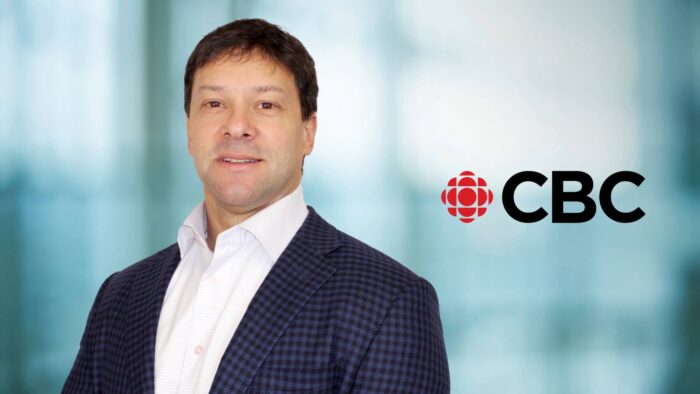Experts under summons
Author(s): David N. Germain*
September 30, 2011
Experts under summons are common at land use tribunals in Ontario. While the role of experts in general has been evolving, both in the courts and at administrative tribunals, relatively little attention has been paid to the particular issues surrounding experts who testify under summons.
The expert-related amendments to the Ontario Rules of Civil Procedure that came into effect on Jan. 1, 2010 partially reflected processes used in land use proceedings. In particular, the new ability of courts to order like experts to meet and identify areas of agreement and disagreement (sometimes referred to as hot-tubbing) replicates a long-standing practice of the Ontario Municipal Board (OMB) and other tribunals. At the same time, other aspects of the new Rules of Civil Procedure have had an influence in the opposite direction. Rule 4.1 on the duty of experts has focused attention on the duties of experts before tribunals to be non-partisan and to assist triers of fact first and foremost. It is in the context of this re-evaluation of the role of experts generally that the role of experts under summons needs to be reviewed.
Because of the significant public interest in land use decisions, advocacy and/or ratepayers groups commonly seek party status at hearings. These groups sometimes have few resources at their disposal. Given the high cost of expert fees, relying on witnesses summoned from regulatory agencies and other public authorities is often seen as an effective and affordable alternative.
For counsel for public authorities whose staff are summoned, there are a number of particular issues to deal with. Should they attend the hearings in which their staff will appear? Should they participate and, if so, should they do so on behalf of the public authority itself, or as counsel to the witness under summons? In the former case, does it make sense to retain separate counsel to represent the witness personally? For public authorities whose staff members are summoned on a regular basis, it is sensible to put in place policies or best practices to deal with these issues.
From a procedural perspective, the involvement of experts under summons raises the issue of how to integrate them into a hearing fairly and efficiently while ensuring their evidence will have the greatest possible probative value. In particular, parties and tribunals need to address the questions of how and to what extent summoned experts’ opinions will be disclosed in advance, whether they will be required to acknowledge the same duties as experts who are retained, whether and how they will participate in likeexperts’ meetings and how, by whom and in what order they will be examined.
Certainly, there are ready answers to some of these questions. On the first, the OMB’s Rules of Practice and Procedure provide that “the party calling [an expert witness under summons] must file a brief outline of the expert’s evidence.” However, unless the expert under summons is willing to co-operate or there is a documentary record of that expert’s opinions, it can be difficult for summoning parties to comply with this requirement in anything but the most general way. This difficulty affects not only the party summoning the expert, but also the parties opposite who often will not know exactly what an expert is going to say until he or she is on the witness stand. This can make it challenging to prepare an effective cross-examination.
Summonses are generally limited to requiring attendance at a hearing only. However, some of the difficulties outlined above could be addressed by compelling attendance at like experts’ meetings as well. This may involve some practical difficulties, but if properly implemented, it could serve the dual purposes of providing greater disclosure of an expert’s opinions and obtaining additional input into the narrowing of technical issues.
On the question of who examines a witness, when and how, the traditional adversarial approach is one potential source of guidance. While the common law holds that there is no property in a witness, Rule 53.07 of the Rules of Civil Procedure provides a framework for dealing with summoned witnesses who are related to an adverse party. However, rules such as these may not provide the most appropriate approach in every case. In the context of land use hearings which often involve multiple parties, questions of who is aligned with whom, on which issues and to what extent, can be much more complicated. Because of these complexities, tribunals enjoy greater scope and flexibility than courts to determine their own procedures and to implement their own solutions.
In today’s context of increased recognition and reinforcement of experts’ duties to be non-partisan and to assist triers of fact, the distinction between one party’s witness and another’s may become less important, perhaps even more so in the case of experts under summons. While there may not be any particular solution that will be appropriate for use in every circumstance, it would be productive for counsel and tribunals to work together through a robust pre-hearing process to develop procedures that will ensure that the best evidence is elicited as efficiently as possible and with minimal procedural controversy.
David Germain practises planning and municipal law as an associate with the firm of Thomson Rogers in Toronto. He provides advice to municipalities and developers and represents parties in hearings before the Ontario Municipal Board and other tribunals.
Share this





